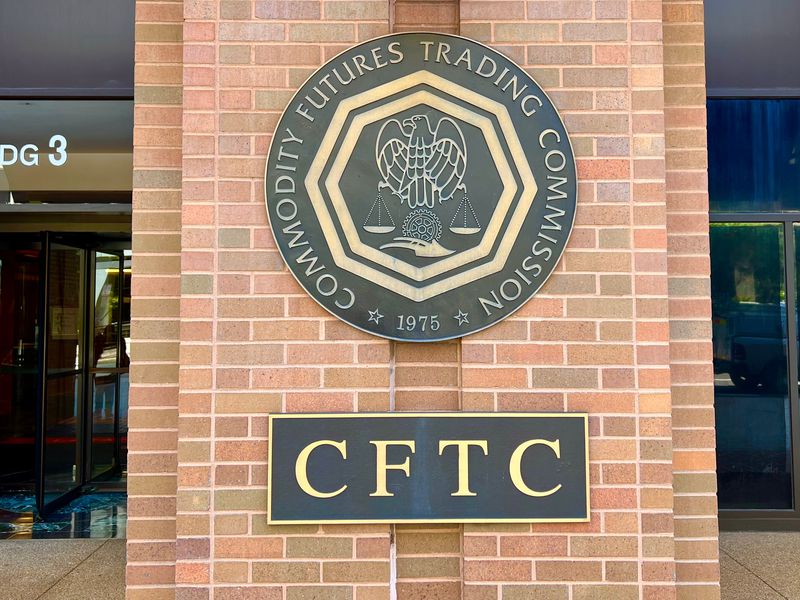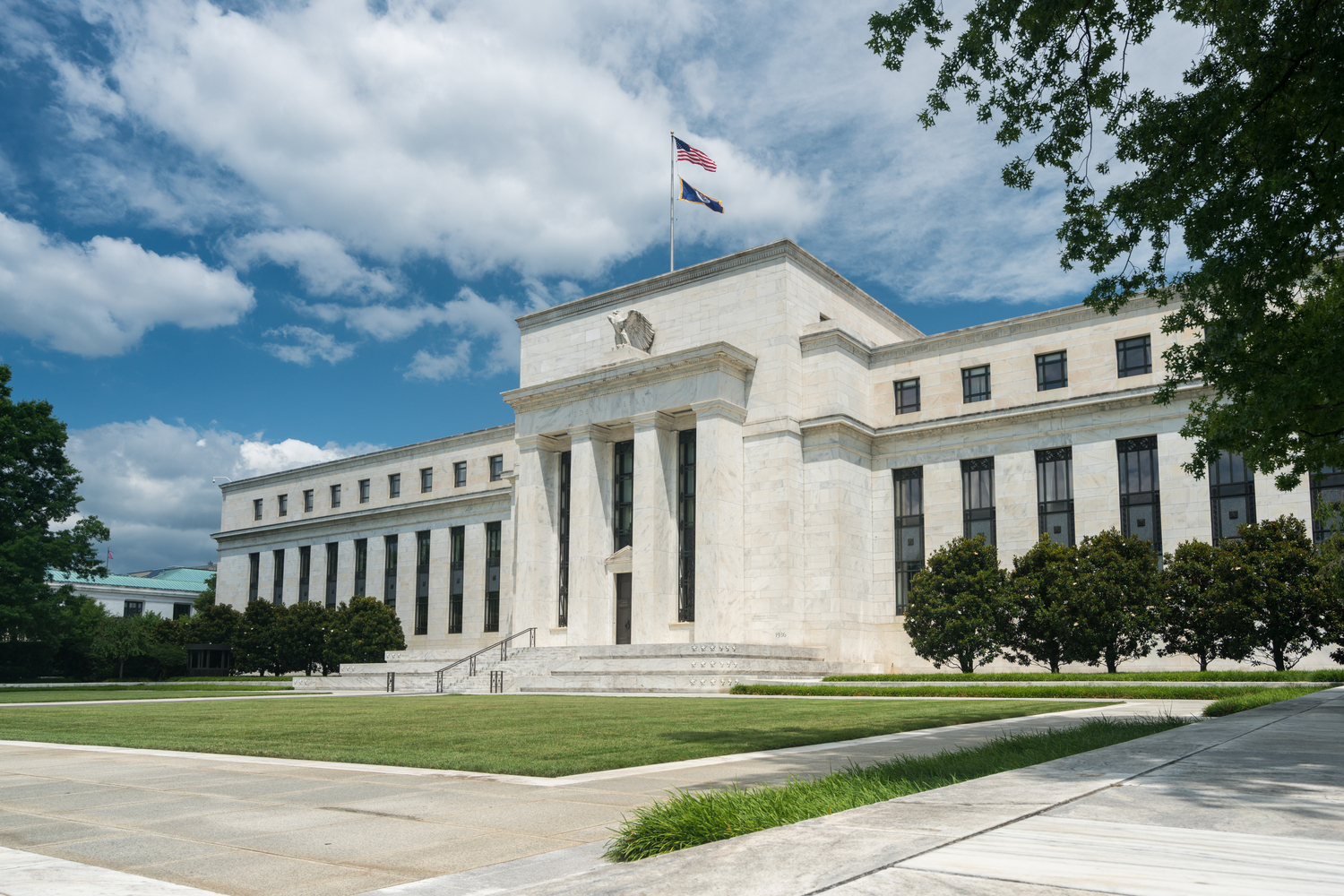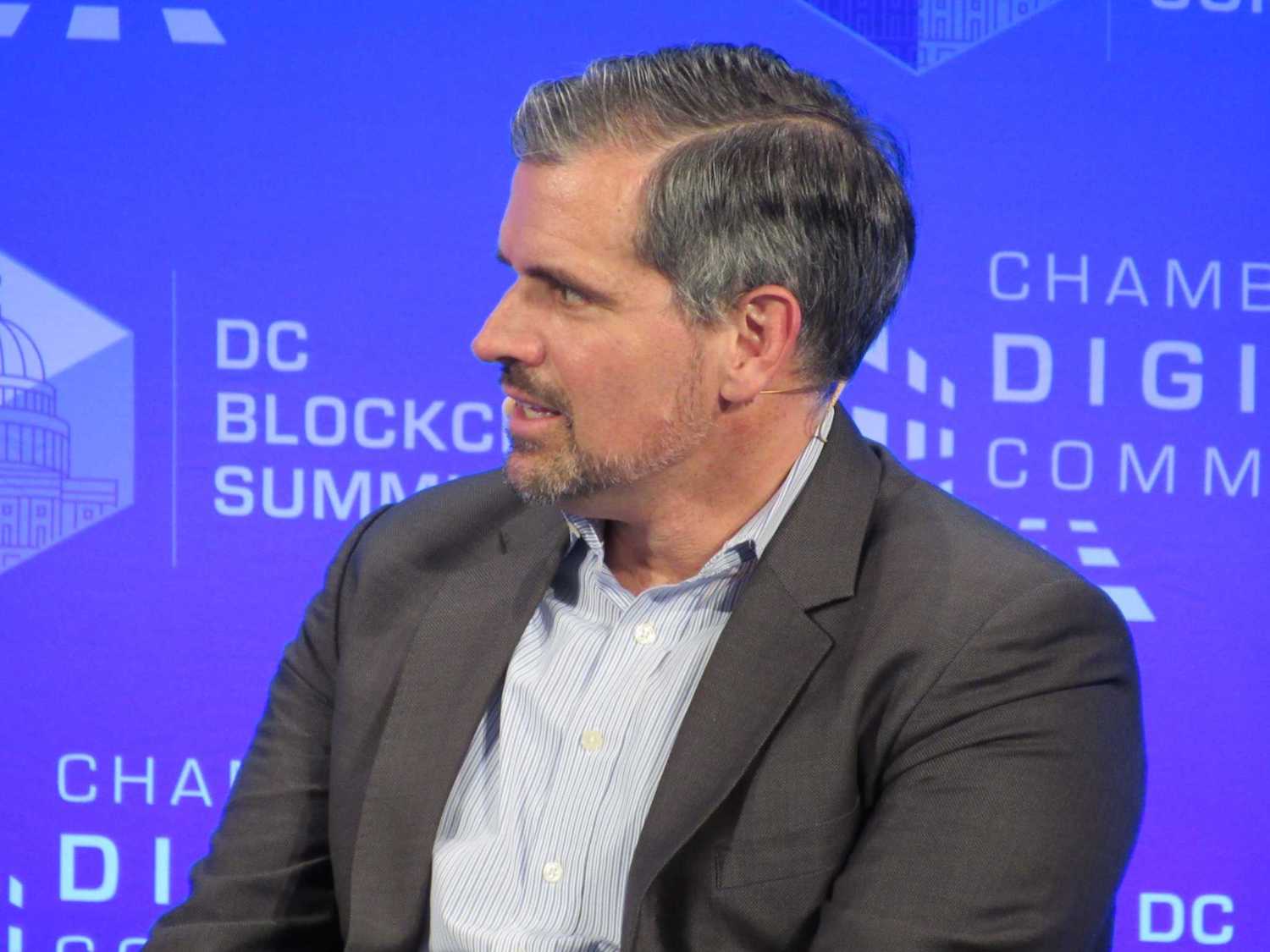CFTC Attorney Who Let Regulators Trade Crypto Joins Private Law Firm
Daniel Davis oversaw the CFTC’s legal division, including administrative actions.

CFTC Attorney Who Let Regulators Trade Crypto Joins Private Law Firm
Daniel Davis, the Commodity Futures Trading Commission’s (CFTC) general counsel, is joining Katten Muchin Rosenman LLP, a law firm based in Chicago.
Davis, who joined the CFTC in 2017 under former Chair Chris Giancarlo, headed the agency’s legal division for four years, overseeing the regulatory agency’s compliance with the law in rulemaking as well as enforcement actions. In 2018, Davis also authored a memo authorizing agency staff to invest in cryptocurrencies.
He left the regulator earlier this month, shortly before Giancarlo’s successor, Heath Tarbert, also stepped down from his role as CFTC chair.
“I think crypto continues to evolve,” Davis told CoinDesk in a phone call Monday. “Really broadly speaking, what I’m looking to do with my practice is remain at the cutting edge of crypto.”
This evolution may continue to be unpredictable, he said. The new presidential administration may also approach the industry differently than Donald Trump’s regulators did. Davis will work out of Katten’s Washington, D.C., office.
“I would keep an eye on enforcement actions, the types of enforcement actions and theories that agencies advance in enforcement actions give some indication of the thinking that’s coming from regulators,” he said.
There may also be legislative developments in the coming years, he said. While Congress hasn’t passed a large number of bills engaging the crypto industry to date, “there’s been a lot of talk on the [Capitol] Hill about whether to regulate” the space.
Future legislation is likely at the state, federal and even at an international level, he added.
At the CFTC, Davis oversaw the development of various derivatives products outside of the crypto space.
In his new role he plans to ensure his clients are in compliance with regulations and that rulemaking from regulatory agencies is in compliance with the Administrative Procedures Act and other laws governing how the agencies can create regulations.
He’s already challenged rulemaking by the Securities and Exchange Commission (SEC) under the Dodd-Frank Act, he said.









